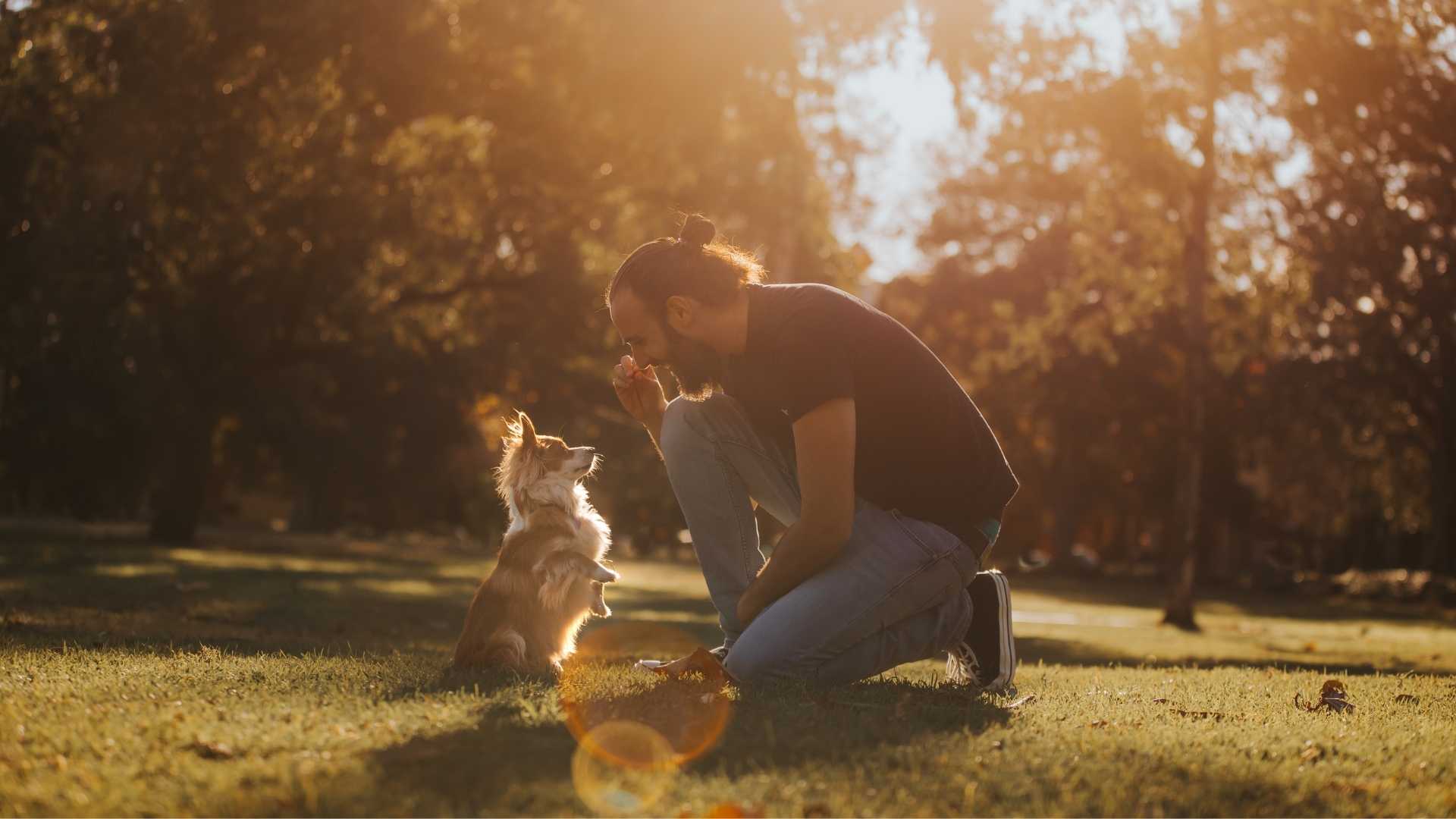Surprisingly, the tactics for creating a successful pet team are not that different to what makes a great human team, based on principles of trust, honesty, responsibility, and support. Here’s some pointers to help you get started:
- Setting up for success – provide opportunities for your dog to succeed. Give them the opportunity to learn and display calm behaviour in areas that are less stressful such as walking on quiet streets rather than main roads.
- Trusting each other – keep your dog away from things that make them feel vulnerable. Your dog will learn that you will not put them in situations where they feel like they need to defend themselves.
- Humble and honest – dogs being dogs will bark, dig, run, growl and sniff as natural dog behaviours. Dogs are individuals and have their own unique personalities. It is important we acknowledge when there is unnatural behaviour such as excessive barking or destructive behaviours, and positively work towards correcting these behaviours. If your dog struggles to settle and relax (ensuring their needs have been adequately met), this could be an indicator for more structure and training or a visit to the Vet.
- Strive to improve – learning never stops. Continue to make your dog as comfortable, happy, and stimulated as possible. Challenge their brains and encourage learning. You can find some great ideas here and here.
- Responsibility – invest time everyday teaching their pets how to be good citizens. A few minutes each day reinforcing the basics like “sit”, “stay”, “come” and so on help maintain great manners. Keep in mind, on-going, unnatural behaviours such as general nervousness, lack of engagement and not settling may reflect underlying anxieties which should be addressed with the help of your Vet.
- Managing expectations – it is useful to educate yourself on the basics of natural dog behaviours and body language. Expecting our dogs to behave in ways that are unnatural or have not been correctly taught will lead to stress for both you and your dog. Having this knowledge will help you to identify behaviours your dog may display that need further investigation.
Putting in the time and effort to build an amicable relationship with your dog can only be a positive. Not only will you be able to abundantly enjoy their company but together you’ll develop confidence to take on new adventures and learn skills with ease.
The author of this article has been updated. Dr Claire Sharp was attributed as the author, and we unreservedly apologise to her and to the author for crediting her as the author of the article.
Pet insurance can help by covering a portion of the eligible vet bill if the unexpected happens. Because it is difficult to predict the costs of veterinary care, it can help to have measures in place to help prepare for the unexpected. Check out our partner network and explore our policy tools to find a pet insurance policy.
Not all conditions or items are covered by Pet Insurance. Refer to the applicable Product Disclosure Statement for information about coverage and exclusions.








